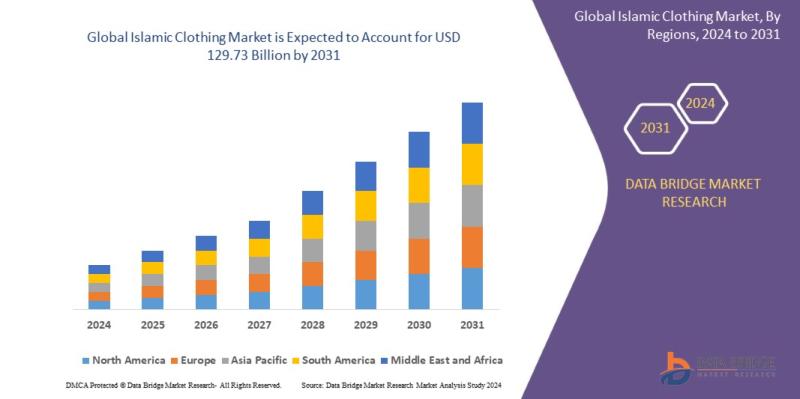Dubai Exports, the emirate’s exports promotion agency, held a meeting for business owners this Monday in São Paulo. Among the topics discussed was the worldwide standardization of halal.

São Paulo – The emirate of Dubai wants to be the world center of halal trade and is making an effort to globally unify the market’s procedures. This was discussed this Monday (19) at Hotel Renaissance, São Paulo during the meeting held by promotion agency Dubai Exports and by the General Consulate of the United Arab Emirates in São Paulo. Business executives from Brazil and Dubai, government officials, and delegates from sector associations and other agencies attended the conference.
“We want to turn Dubai into a world center of halal trade,” Dubai Exports CEO Saed Alawadi told the Brazilians. The executive discussed the potential of the halal market in his keynote address, and one of the focal points of the discussions that followed was global standardization of halal market rules. Dubai is leading a movement to develop standard norms and certifications to be followed by all countries where halal products are consumed. Currently, halal certification bodies need to register in each one of the countries that they operate in.
One of the speakers, the president of the Federation of Muslim Associations in Brazil (Fambras). Mohamed Zoghbi, said he supports Dubai’s initiative and that Brazil, the world’s leading producer of halal animal protein, should join the discussion, as well as all authorities that are interested in the topic. He said Brazil has built its standards and suggested that they should be adopted globally, since they comply with the requirements seen throughout the world. “We have elaborate standards that meet the demands of any Islamic country,” he said.
The Dubai Islamic Economy Development Centre (DIEDC) developed a strategy to work with the halal market focusing on seven areas: foodstuffs and pharmaceuticals, design, knowledge, finance, family tourism, digital economy and standardization. Halal products and services are those produced in accordance to the Sharia, the Muslim law. In the case of beef, the animal needs to be slaughtered with its head turned to Mecca and all its blood must be drained out.

The rules are intended to protect consumer health by focusing on product quality and hygiene, therefore halal goods are also sought after by non-Muslims. “They are for everyone who wants ethical products,” said the Dubai Exports CEO. Among other figures, Zoghbi said the halal foodstuffs market alone is worth USD 1 trillion, with tourism worth USD 135 billion, and cosmetics worth USD 36 billion.
This Monday’s meeting is part of a Dubai mission to Brazil, Paraguay and Argentina with the aim to strengthen economic ties with these countries. In an interview to ANBA, the CEO of Dubai Exports said the delegation that came to Brazil includes executives who are looking to export or import, to attract Brazilian investments, and to seek investment opportunities.
According to the UAE’s consul general to São Paulo, Saleh Ahmed Al Suwaidi, the UAE is one of Brazil’s top-20 trade partners. He said São Paulo accounts for half of all Brazil’s entire trade with the UAE. The head of the special advisory for International Affairs of the government of the state of São Paulo, Ana Paula Fava, discussed the state’s economic potentialities at the meeting, and the state’s federal superintendent for Agriculture Francisco Sergio Ferreira Jardim called upon the attendees to engage in trade.

This is the fourth mission of its kind from Dubai to Brazil. “We have succeeded in heightening awareness of the Middle East and of what we have to offer,” Alawadi said. One of the goals is to have Brazilians use the emirate as a hub to export to the Middle East, and also to make Brazil a hub for Emirati companies in Latin America. Dubai Exports’ CEO named the opening of a Dubai office in Brazil last year as a major step towards building closer ties.
After the discussions and luncheon, the Brazilian and Emirati executives sat down for a matchmaking session at the Renaissance. Participants included Dubai South, which operates in real estate and runs a free zone. Vice president Shoaib Al Rahimi joined the mission looking to persuade Brazilian companies to join the free zone.
The delegation also includes the perfume manufacturer Nabeel, which has five plants in the UAE and sells to some 60 countries. General manager of operations Raghu Kullkarni, who took part in the matchmaking, said the company is seeking a distributor in Brazil. It ships out 10 to 15 containers’ worth of product per day.
The mission will keep appointments in Brazil on Tuesday (20), including meetings with local executives arranged in partnership with the Arab Brazilian Chamber of Commerce in the morning, and at the São Paulo Trade Board in the afternoon. This Monday’s meeting was attended by Arab Chamber C-level executives including president Marcelo Sallum, International Relations vice president Osmar Chohfi, and CEO Michel Alaby.



